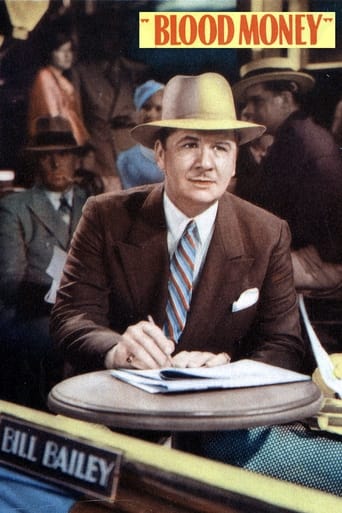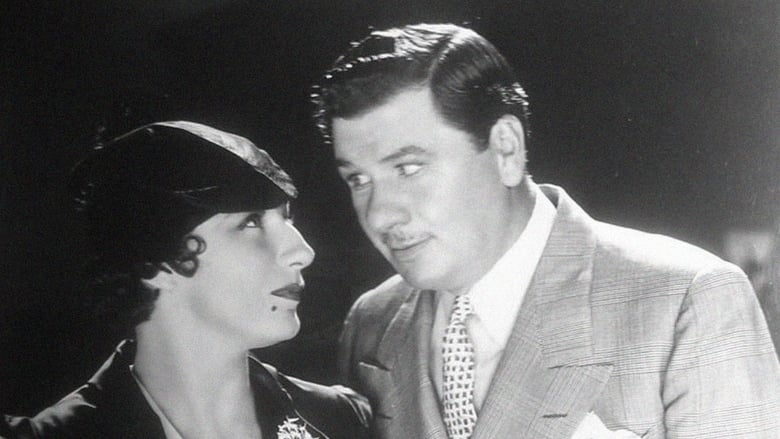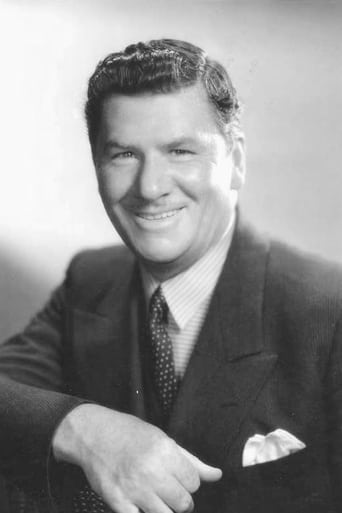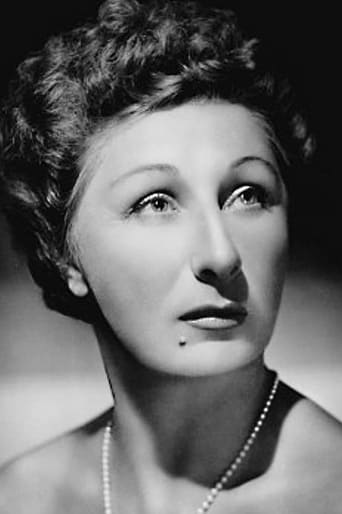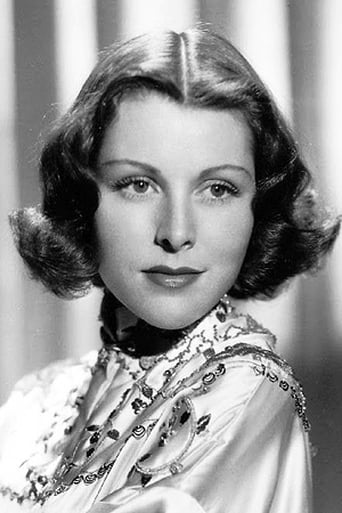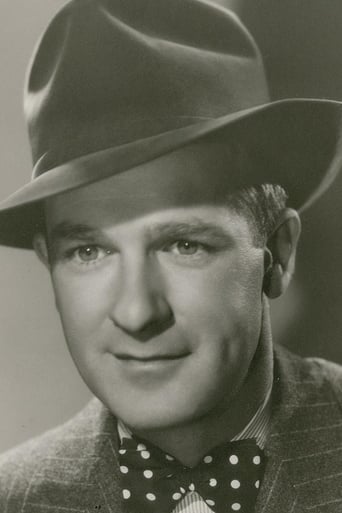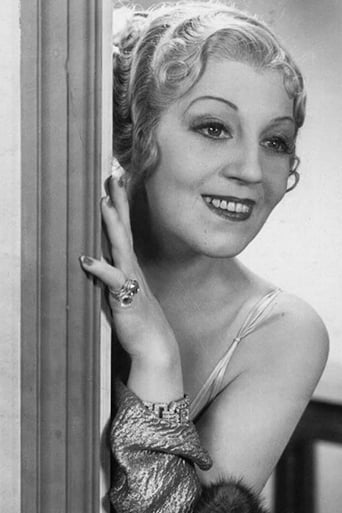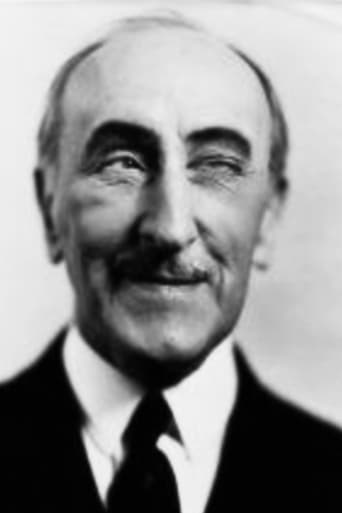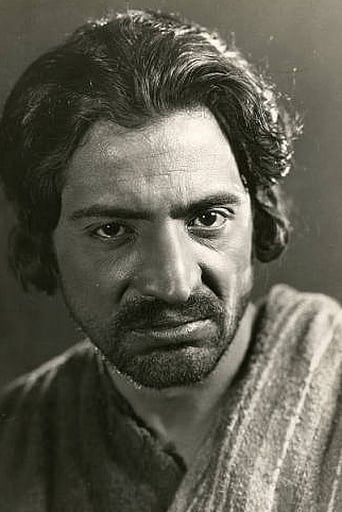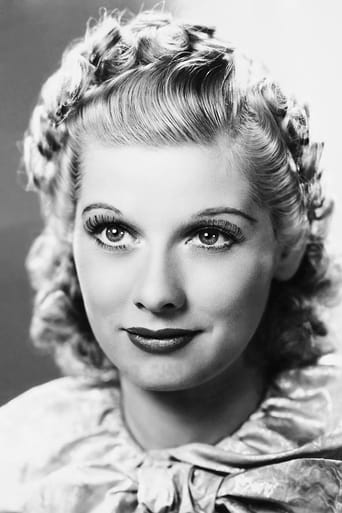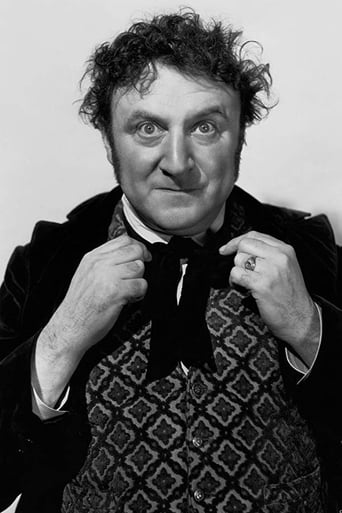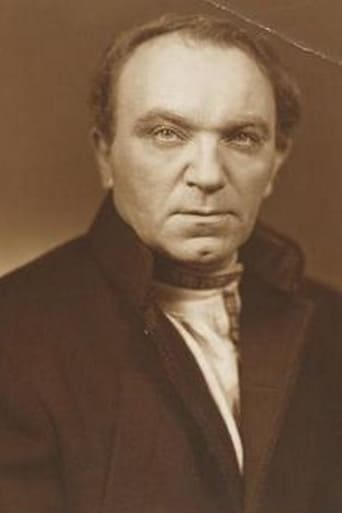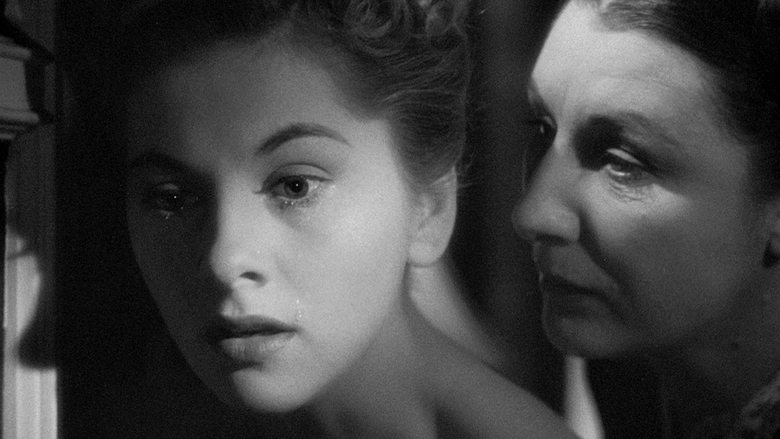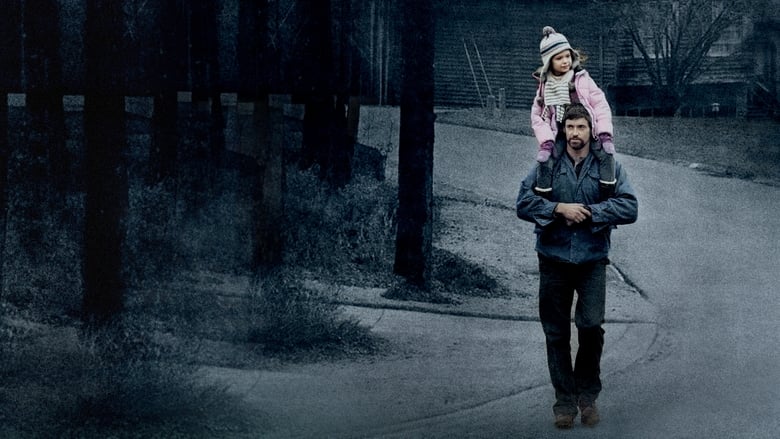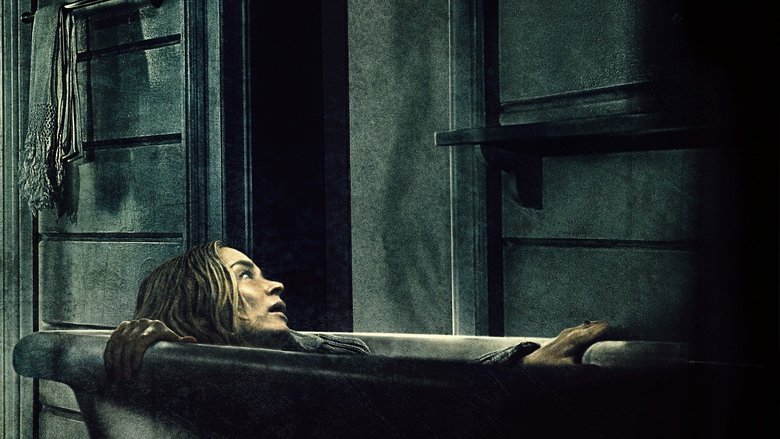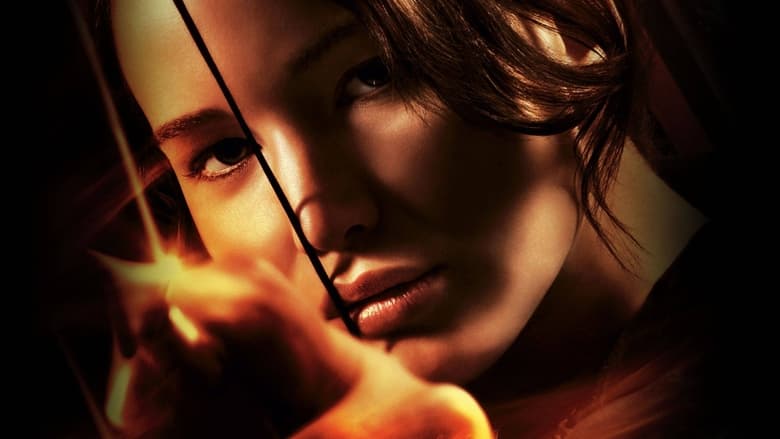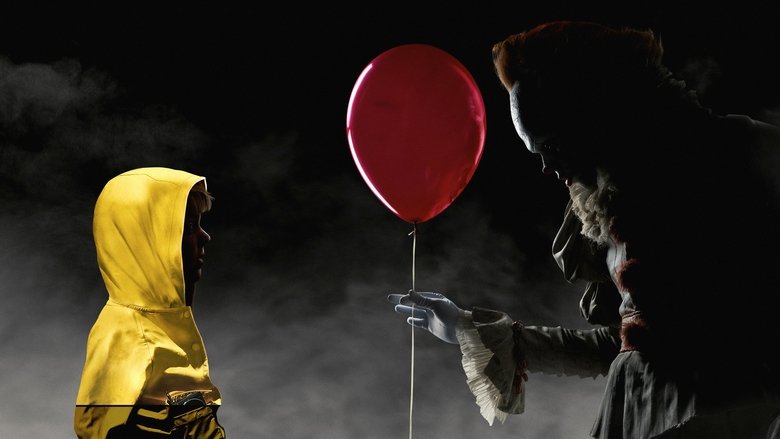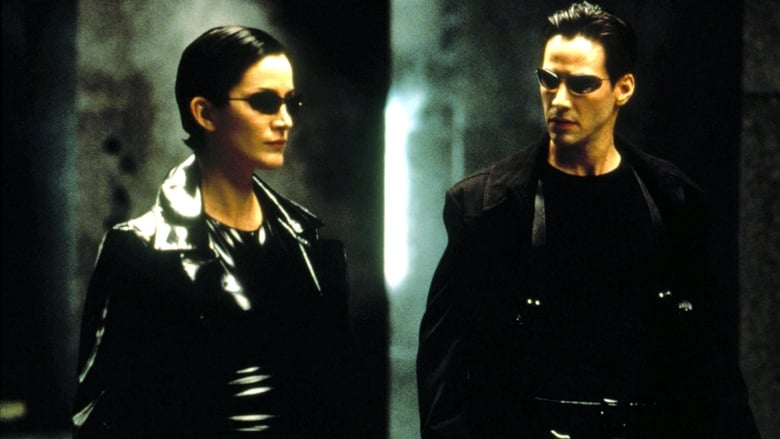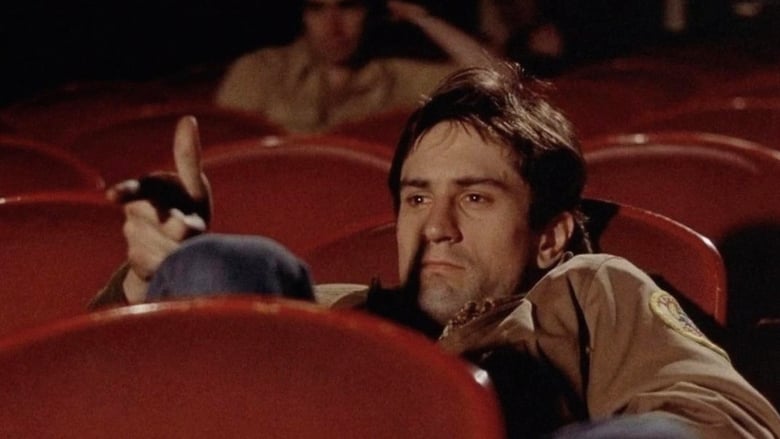The title refers to the business of affable, ambitious bail bondsman (and politically-connected grifter) Bill Bailey, who, in the course of his work, crosses paths with every kind of offender there is, from first-time defendants to career criminals.


Similar titles

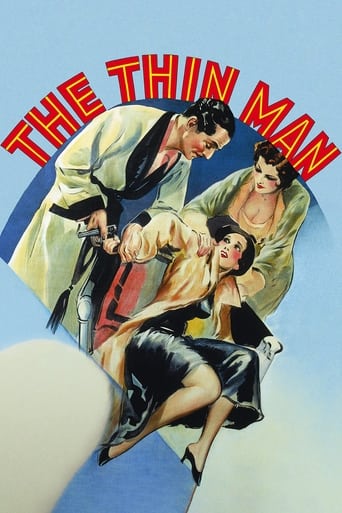
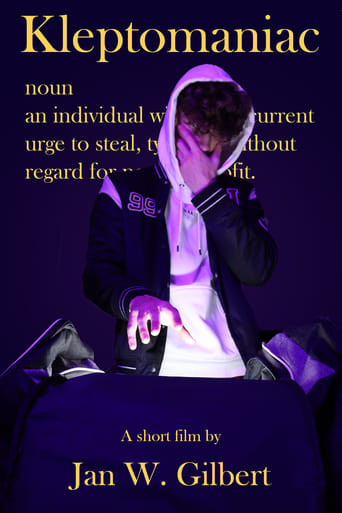
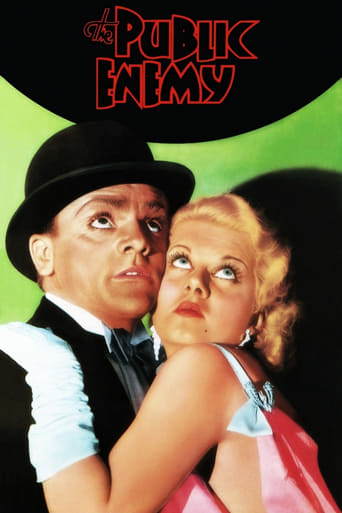
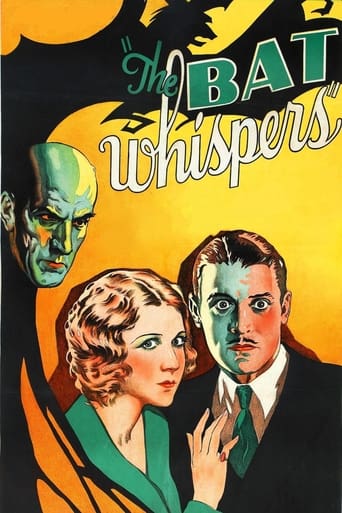
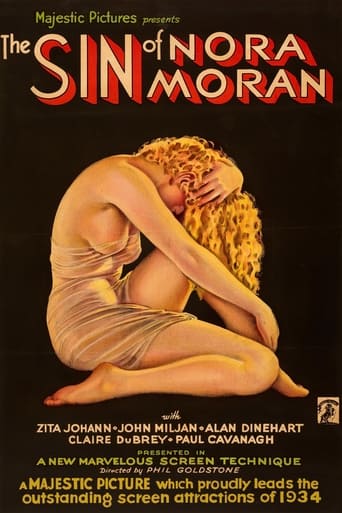
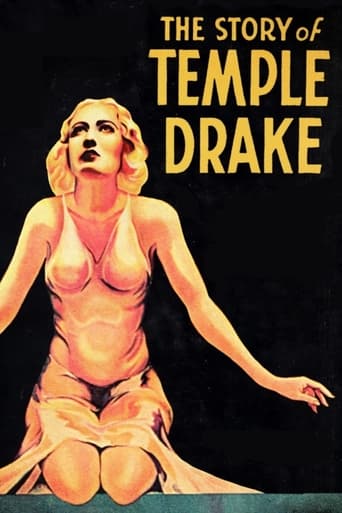
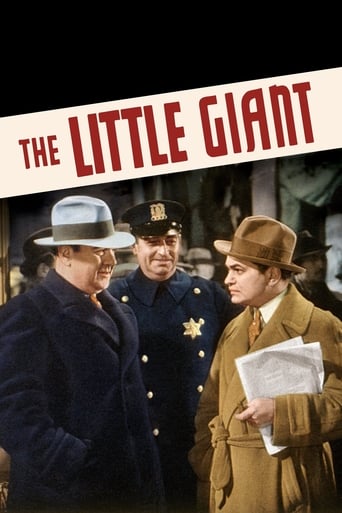
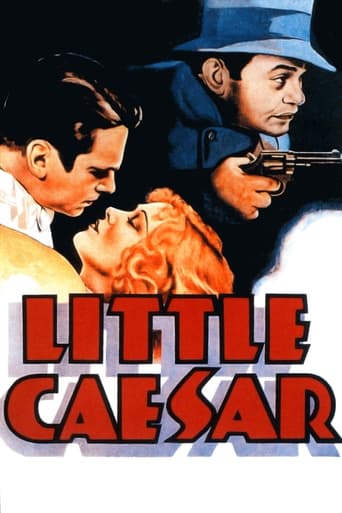
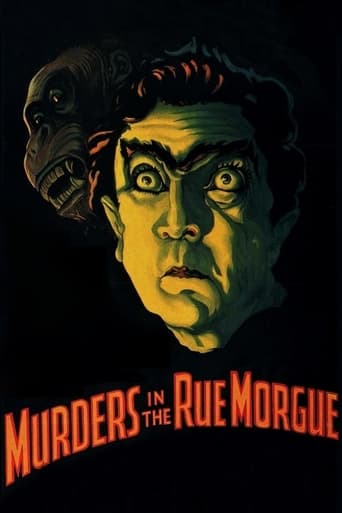
Reviews
Bail bondsman George Bancroft is known all throughout New York City and encounters people from every scrape of society in this pre-code crime drama. But he's going to need every ounce of street-smarts when he strikes up an acquaintance with kleptomaniac Frances Dee, a woman with a rather animistic sexual appetite. Judith Anderson gets to display a rare glamorous side here as the nightclub hostess obviously in love with Bancroft, with her famous mole darkened into a beauty spot. Dee gives Bancroft several looks that It's nice to see her playing a softer character. This is a fast-moving programmer, made on a dime, but not showing it. Quick edits, snappy photography and dialog, nice musical interludes by Blossom Seeley (singing such standards as "Melancholy Baby"), and a side of seedy New York sung about in the same year's "42nd Street" diluted in most movies. There's hints about lesbianism in addition to Dee's whacked-out libido. Tons of familiar character actors pop in and out, most notably Etienne Girardot, Chick Chandler (as Anderson's gangster brother), Clarence Wilson and Edward Van Sloan. There's even a very young Lucille Ball in a quick appearance! An exciting dog racing sequence is one of the film's visual highlights, and the finale is downright suspenseful, like something Hitchcock might do.
"Blood Money" is a fascinating precode - what else can you say about a film that has Judith Anderson in a glamor role? And an ingénue who longs for S&M to boot.This 1933 film concerns a bail bondsman named Bill Bailey (George Bancroft) who's been helping out the mob for years. He falls for a pretty shoplifter named Elaine (Frances Dee) - she's actually slumming, as she's from a wealthy family. This leaves Bailey's girlfriend, club owner Ruby (Anderson) in the lurch. She's the woman responsible for his success, helping him out when he was thrown off of the police force. However, Elaine (who would follow any man who thrashed her around like a dog, says she) steals some bonds instead of delivering them to the appropriate place, thereby setting up Bailey as a mob target and getting his brother-in-law in deep trouble with the law. Ruby believes he's responsible for her brother's problems, and has a hit put out on him.The acting is over the top, the dialogue is rough and filled with sexual innuendos, the atmosphere is sleazy - it's pre-code all right. I read a transcript of an interview with Joel McCrea (intended to be for a biography that wasn't written) and he kept referring to "Mother" - I finally realized that he didn't call his wife, Frances Dee, "mother" - he was referring to her that way while talking to one of his sons, who was conducting the interview. As the promiscuous, dying to be hit ingénue, she wasn't very motherly in this.This is a no-miss if only to see Judith Anderson in a gown and jewels hanging out with mobsters and Frances Dee as something other than a pretty goody-two-shoes.
What a wacky little gem from cult filmmaker Rowland Brown. He got this one in just under the wire. The next year 1934 would see an all-out effort to "clean up the movies", and for the next 30 years audiences would get twin beds, closed-mouth kissing, and no hint of a human vagary that couldn't be shoe-horned into Jack Webb- style law and order or Rock meets Doris type romance. None of that predictable conventionality here. Instead, it's an unapologetic look at a layer of urban life soon to be shoved back into the Legion of Decency's dark closet. Macho bail bondsman George Bancroft works the shady side of the law, dabbling at times in stolen property. Nothing too unusual there. But watch him caress thief Chick Chandler's shoulder even after the latter has moved in on Bancroft's girl, or laugh uproariously at a "sissy" remark thrown his way. He may end up with the bordello madam, but it looks like the law is not the only both-sides-of-the-street he works.Then there's sweet-faced ingénue Frances Dee as the rich girl on-the-make. But it's not Cary Grant or Ralph Bellamy she's hankering for. It's the load of masochistic pain that makes her eyes go all shiny and her voice all quavery. The problem is she can't decide whether it's the brawny thrills of a masterful man or the hip-swiveling charms of a hula girl that attracts her more. There's also the erotic sideline of lifting meaningless articles from downtown stores that sort of fills the day-to-day gaps, to say nothing of a sense of loyalty that sort of comes and goes. She may look like one of those madcap heiresses of the thirties, but the reality is far more Freudian and provocative.And what other movie would dare make a sympathetic sex object out of that hawk-nosed paradigm of female villainy Judith Anderson. Apparently, it was her first film before the gargoyle type-casting that would later take hold. Meanwhile, the slinky gowns and plunging neck-lines are surprisingly effective, even if the facial profile is not exactly that of the classic Hollywood beauty. It's a measure of Brown's humanity, I take it, that her character as a bordello madam comes across as the movie's most sympathetic.Mix these characters into what amounts to an urban inferno and you get a genuine piece of Hollywood exotica, to say nothing of the monocled cross-dresser who dates Chick Chandler's nervy thief, the same guy who hires on not one professional girl for the evening, but two (one of which is an early Lucille Ball). Note too, how easily the shady Bancroft mixes in with the respectable types. First it's an insurance executive, then a shipping magnate, and most conveniently, the city DA, as overworld and underworld blend into a single shape-shifting shade of gray. It's that margin of ambiguity, not only between the sexes, but between the social classes and the law that lies, I believe, at the movie's core. The fluid nature of things is made more apparent by the fact that Brown remains non-judgmental throughout. His characters simply are as they are. Dee is made no less deserving of happiness than anyone else. And in one of the strangest of all Hollywood endings, where Bancroft and Anderson at last find true love, Dee goes gleefully off to another expected masochistic romp, unpunished. Love and lust both triumph here, with no moral distinction drawn at fade-out. And when Bancroft is made to remark that liberals acknowledge human vice and try to control it, whereas conservatives simply turn their backs on its existence, that sounds like Brown speaking. Certainly, he was no conservative in that respect. Hollywood, however, would unfortunately turn their backs on selected reality for the next thirty years, as Brown's all-too-brief career underscores. Too bad. For as the movie shows in its own unorthodox way, his loss was our loss too.
One of the most interesting of the Fox pre-code talkies, for several reasons: 1) It has nice girl Frances Dee as a perverse and masochistic society miss, snarling and hip-shaking and shocking the elite. 2) It has Judith Anderson, in a swell backless evening gown, playing a moll, against-the-grain casting of the most inspired sort, even if the movie never explains her high-tone Brit accent vs. her brother's American Midwest elongated vowels. (She also played a gangster years later in "Lady Scarface," but it's a much less interesting film.) 3) You get to see Blossom Seeley, the great vaudevillian, sob a couple of torch songs, and she's the real thing. 4), and most fascinatingly: George Bancroft plays a no- better-than-he-should-be bail bondsman who works both sides of the street and is terribly corrupt, yet the movie likes him, we like him, and he doesn't have to repent for it. It's lively and violent and funny, and, unlike so many Fox early talkies, it has the fast pace of a good Paramount or Warners flick from the same period.
